Dr. Lauren Walker Featured on SOT ToXchange Blog
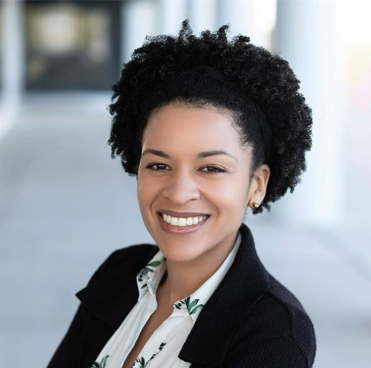
Lauren Walker, PhD served as a Postdoc Fellow in the JGPT through 2023. Dr. Walker was recently recognized by the Society of Toxicology as part of a series designed to celebrate SOT member diversity and showcase the diverse pathways and experiences of its members.
From the article:
Throughout my childhood, my parents advocated the importance of both education and serving my community. In actions and words, they encouraged me to share my time and knowledge through community service projects and peer tutoring. While I wasn’t sure what specific career or field I wanted to pursue as a student, these early experiences led me to seek opportunities where I could share my skills. By sophomore year, I excitedly realized that I wanted to pursue a career that would give me the opportunity to expand my knowledge, mentor others, and proactively engage with my community. [Read the full article here].
JGPT Alum Scores Ultimate Touchdown With SHI Stadium Marriage Proposal
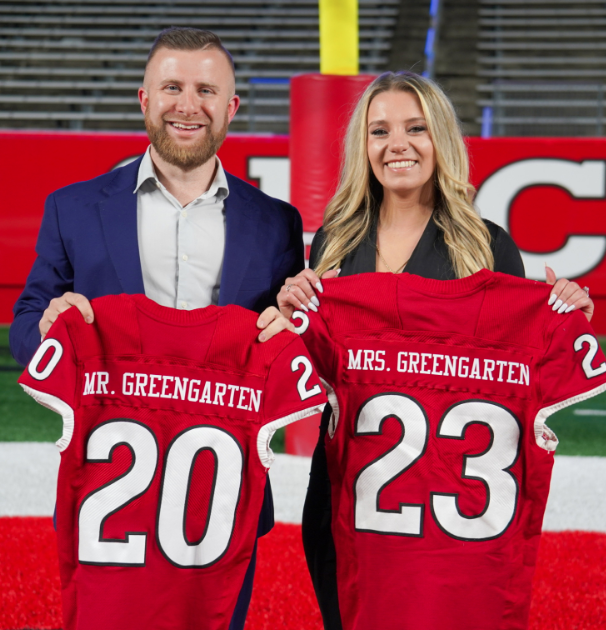
Dr. Danielle Kozlosky, JGPT alum, had some exciting news to and Rutgers Football fans got to share in the joyful moment.
When Michael Greengarten and Danielle Kozlosky first met, there was little sign of the roller coaster romance ahead that would include an untraditional COVID-19 courtship and an epic on-the-field marriage proposal…
Read the full article here at Rutgers Today.
Prof. Ukpong Eyo, JGPT Alumnus, Featured in Nature Neuroscience
Nature Neuroscience celebrated its 25th anniversary, by having conversations with both established leaders in the field and those earlier in their careers to discuss how the field has evolved, and where it is heading. Former JGPT Postdoc, Ukpong Eyo, was interviewed for this special edition.
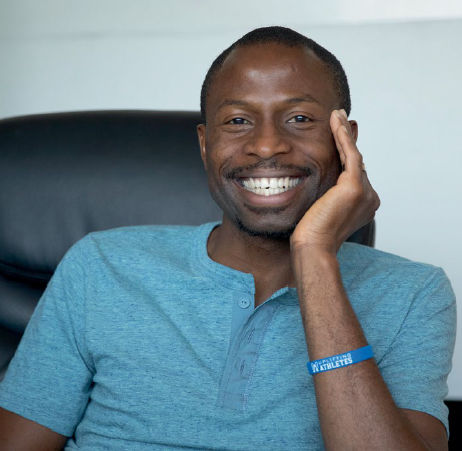 Here are a few highlights from the interview:
Here are a few highlights from the interview:
How did you get into neuroscience?
I am a Nigerian by ancestry and a twin by birth. I immigrated to the USA for my undergraduate studies in 2003. My nuclear family and family
of origin mean the world to me. When I was a kid, I wanted to go to medical school. Nigeria is the most populous nation in Africa. It is very competitive to get into college in Nigeria. I had a good academic record, but I still couldn’t get into medical school there. I applied for three years, then my family suggested I emigrate for my college education.
After I emigrated to the USA, it became clear to me that medical school was expensive and unaffordable for me. My advisor, Dr. Peter Kondrashov [now chair of the Kirksville College of Osteopathic Medicine, MO, USA], saw potential in me and suggested that I enter graduate school. I wasn’t sure what graduate school was or entailed, but I took his advice. My original goal was not to build a career in research, but to teach. My mother was a teacher, and I was inspired by her. She is a role model to me. However, she tried to dissuade me from becoming a teacher because teaching doesn’t pay much, and she worried about how well I could financially support my family. Eventually, I joined a biology graduate program at the University of Iowa (USA). My third lab rotation was in a glia biology lab with Michael Dailey, where I fell in love with microglia and then neuroscience.
Mentoring, sponsorship, and role models can be important. Would you like to share the type of support you receive or received?
I have received (and still receive) support from countless people. My undergraduate advisor, Peter Kondrashov, who encouraged me to apply to graduate school and told fun stories about his experiences in graduate school in Siberia (Russia). My graduate mentor, Michael Dailey, taught me so much. From writing and networking to the basics of critical thinking and balancing family life as a researcher. My PhD thesis committee members were all very constructive in guiding me toward completing my PhD work. My postdoctoral mentor, Long-Jun Wu (Mayo Clinic, USA), was unbelievably supportive and gave me lots of opportunities to write grants and to network. I greatly appreciate the opportunity he provided for me to give a talk at the American Epilepsy Society meeting in December 2016, where I met an NIH Program Officer who encouraged me to apply for a K award that I secured the following year. Jonathan (Jony) Kipnis (Washington University, USA), my first department Chair, was always supportive and showed me (in many ways that I continue to unravel) that my voice matters. My current department Chair, Harald Sontheimer (University of Virginia, USA) is a great supporter, sponsor and a mentor to me. John Lukens (University of Virginia, USA) is an incredibly supportive colleague who is an inspiration and always available for a 9 pm call.
The list does not end there and it extends to many more inspiring people, including Michelle Monje (Stanford University, USA), Amy Brewster (Southern Methodist University, USA), Lauren Aleksunes (Rutgers University, USA), Bonnie Firestein (Rutgers University, USA), Tajie Harris (University of Virginia, USA), Nathan Smith (University of Rochester, USA), and Farah Lubin (University of Alabama, USA), whose advice has contributed in countless ways to my work and career development.
I have learned a great deal from every single one of my trainees, too. I am thankful for their feedback and excitement, which motivate me to be a better group leader.
It would not be possible for me to be here without the mentorship and sponsorship of many individuals. Indeed, I am taken aback by their choice to invest and believe in me (even when I didn’t believe in myself). I hope they know how much they have been influential in my research development.
The research culture/landscape is in continuous evolution. What are the positive changes you would like to see? Would you like to share how you contribute to making these positive changes?
I see positive changes in terms of inclusivity. My family of origin is formed of my parents and five siblings, and we are very close. Family is very important to me. When I was a graduate student, I must confess, I felt less represented because of the value I give to having a family than being Black. I just didn’t see many researchers with families or talking about their families. I probably was one of the few people in my cohort who got married while in graduate school. I felt academia was not family friendly.
The first speaker I heard openly talking about his family was Jonathan Kipnis. It was important to me to hear him saying that. He made me feel it was possible to have an academic career and a family. From my graduate school years to today, I see more actions to acknowledge and accommodate the needs of researchers with kids. I think the research culture is becoming more inclusive for researchers of ethnicities under-represented in STEM. I am happy about that. Another positive change is that misbehavior in academia is called out more than in the past. People are more outspoken than in the past, which increases awareness and is helping to make the research community more respectful of different people’s experiences. Thank you for your gracious interest in capturing my journey, interests and thoughts.
You can read the full article here (subscription required).
Toxicology Alumnus Returns to Rutgers To Share His Journey
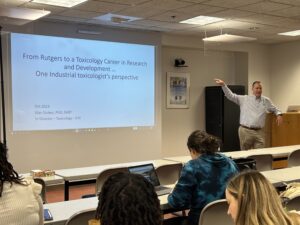
Dr. Alan Stokes is the Senior Director of Toxicology at Glaxo Smith Kline. Earlier in his training, Dr. Stokes completed his postdoctoral training in the JGPT. In October 2024, he returned to the Environmental and Occupational Health Sciences Institute where he shared his journey with current toxicology students and postdocs. During this Lunch and Learn, Dr. Stokes covered a broad array of topics. These included new technologies in the development of pharmaceuticals, board certification as a toxicologist, different types of companies for toxicologist to work in, and more. This exciting and dynamic session will certainly lead to more networking between Dr. Stokes and the Rutgers toxicology trainees.
JGPT Alum Cody Smith Joins UCONN Faculty
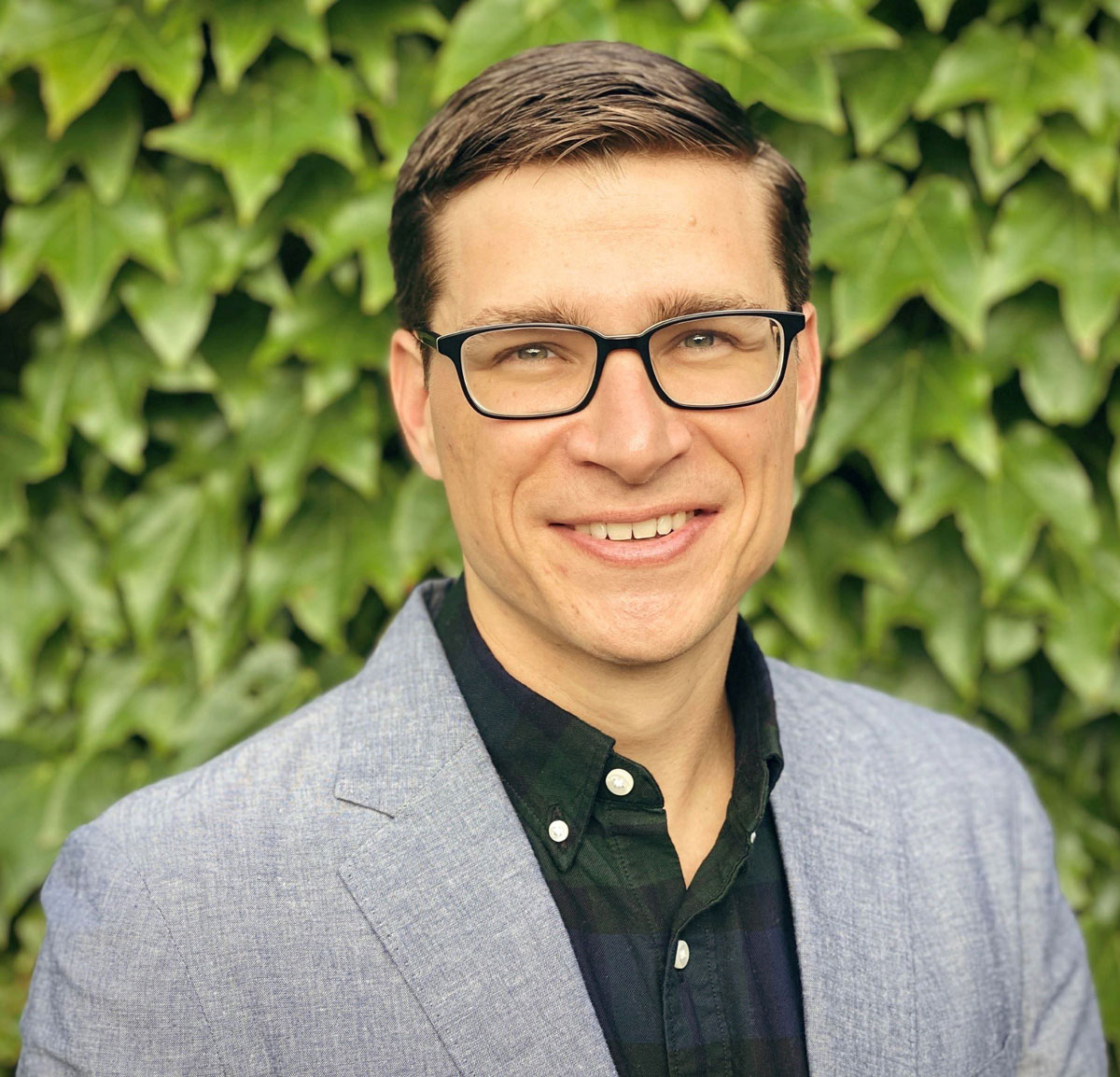 Dr. L. Cody Smith has been named an assistant professor in the Department of Pharmaceutical Sciences in the College of Pharmacy at UConn.
Dr. L. Cody Smith has been named an assistant professor in the Department of Pharmaceutical Sciences in the College of Pharmacy at UConn.
“I am excited to join the faculty in the School of Pharmacy to increase the translational potential of my research by forging new collaborations with investigators developing novel therapeutics that may mitigate lung injury and inflammation caused by inhalation of environmental air pollutants and other respiratory hazards,” says Smith.
JGPT Success Story: Ukpong Eyo
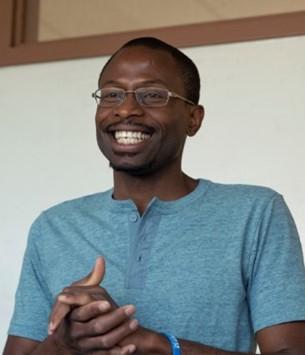
Pursuing a career in neuroscience was never really a choice for me. It’s almost as if neuroscience found me rather than I found her.
I was originally born in Nigeria. My mother was a teacher and, growing up, I wanted to be a teacher, too, because I’ve always enjoyed explaining concepts. However, my mother dissuaded me from this path because, as she saw it, teaching did not pay well. My second career choice was to become a doctor, so I came to the U.S. for college with the intention of going to medical school. I quickly learned that medical school was very expensive and as an international student, I realized there was no way I could afford it. That’s when an undergraduate professor suggested I consider graduate school… [Read the full story story at NIH-NINDS]
JGPT Alum featured in “Healthy Together” Magazine
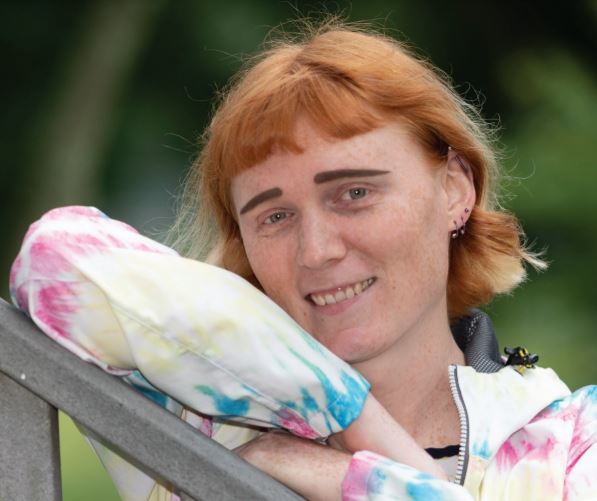
Gwyndolin Vail discusses their transgender journey in Robert Wood Johnson University Hospital’s Fall 2021 issue of Healthy Together. See the full story on page 4.
Dr. Vail, who earned their PhD in 2020, is currently a Postdoctoral Fellow at Rutgers University in the Department of Pharmacology, Physiology, and Neuroscience. They are interested in the interplay of genetic sex and sex hormones in governing energy homeostasis, with a current focus on sex differences in energy usage during exercise. To study this, they are examining the role of specific neurons in the ventral lateral area of the hypothalamus that sense and respond to low levels of glucose, as may occur during endurance exercise.
Prof. Ukpong Eyo Receives Prestigious Research Grant
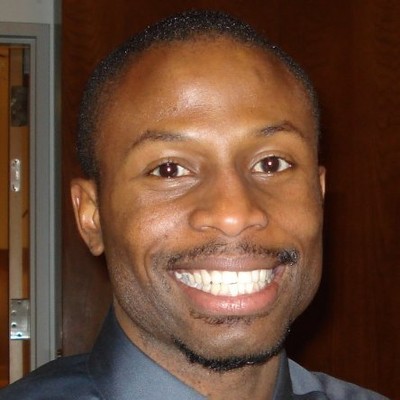
Dr. Ukpong Eyo was honored as the recipient of a grant provided by The Young Investigator Draft through Uplifting Athletes, a non-profit with the mission to inspire the rare disease community with hope through the power of sport. The award was presented by Trace McSorely, quarterback for the Baltimore Ravens and previous Penn State quarterback. Dr. Eyo is an Assistant Professor at the University of Virginia in the department of Neuroscience. his grant will provide funding for Dr. Eyo and his team the ability to study, in-depth the SLC6A1 gene mutation.
It was a great honor for SLC6A1 Connect to have the opportunity to “draft” Dr. Ukpong Eyo. We are so appreciative of his knowledge, expertise and interest in learning as much as possible about the SLC6A1 mutation. This will ultimately provide our kids the opportunity to live long, healthy and fulfilled lives.
From the SLC6A1 families, WE LOVE YOU EYO! Thank you for helping us work toward our goal to NOT exist in five years because a cure is in place. We’re looking forward to having moved on to the next rare disease to annihilate!
[Original story on LinkedIn]
JGPT Alum, Kristin Bircsak, Featured in SOT Postdoc Spotlight
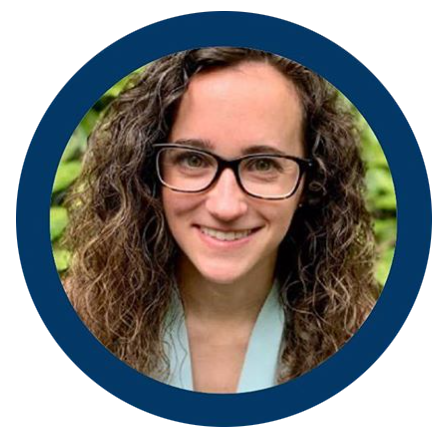
Dr. Bircsak was the recipient of the Hogan Memorial Scholarship/Travel Award in 2014 as a doctoral student in the Joint Graduate Program in Toxicology at @rutgersu. The title of her submitted abstract was “Genetic and Dietary Factors Reduce Placental BCRP Transporter Function: Potential Risk for Fetal Exposure to Harmful Chemicals”.
During her postdoctoral studies at @uofpenn, Dr. Bircsak utilized a mouse model to characterize the involvement of the aryl hydrocarbon receptor (AHR) in the TCDD-mediated female predominant sex ratio of chronically exposed males. This study was published in Reproductive Toxicology in 2020 (PMID: 32335222). She is now the Principal Scientist at MIMETAS, where she and her team of scientists focus on recapitulating the liver and prostate tumor microenvironment to aid in the accurate prediction of safe and effective candidate compounds.
Over the years, Dr. Bircsak has been actively involved in the Society of Toxicology and Middle Atlantic Reproduction and Teratology Association. She is also a member of the SOT Mid-Atlantic Regional Chapter.
[Original story here]
Dahea You – Drug Metabolism and Disposition Highlighted Trainee Author
Dr. Dahea You is the Drug Metabolism and Disposition Highlighted Trainee Author for the June 2020 issue
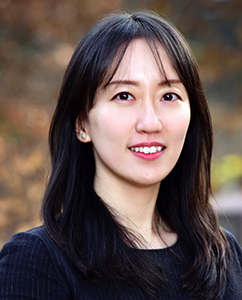
Dr. You is a postdoctoral fellow in the National Toxicology Program at the National Institute of Environmental Health Sciences (NIEHS). Dr. You obtained her Doctor of Pharmacy in 2014 and Doctor of Philosophy in Toxicology in 2019, both at Rutgers University. She was a predoctoral trainee in the Joint Graduate Program in Toxicology at Rutgers University at the time of the manuscript preparation. Her predoctoral mentors are Drs. Lauren Aleksunes at Rutgers University and Jason Richardson at Florida International University. The Drug Metabolism and Disposition article that earned her selection as a Highlighted Trainee Author is titled “Epigenetic Regulation of Multidrug Resistance Protein 1 and Breast Cancer Resistance Protein Transporters by Histone Deacetylase Inhibition” and is available at https://doi.org/10.1124/dmd.119.089953.
Sheryse Taylor – iCURE Scholar and JGPT Alum
Interview with Sheryse Taylor Featured in National Minority Health Month Spotlight…
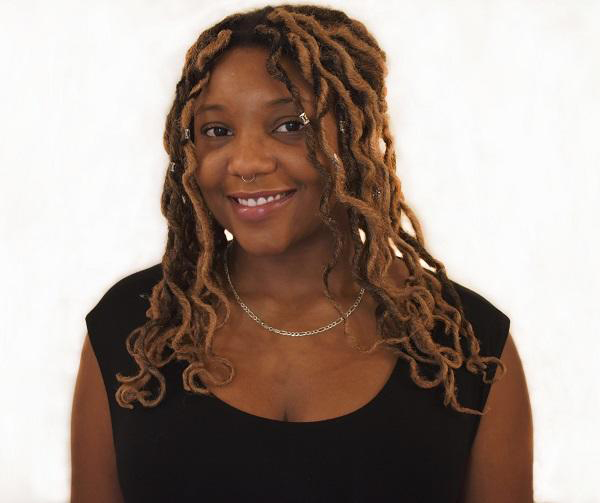
What inspired your interest in cancer research?
Although I entered college believing I was going to pursue a career in forensics, I was always interested in the immune system and cancer—as separate entities. I can trace my interest in immunity back to my childhood, when I saw an illustration about wound healing after a scraped knee. As a disease, I found cancer fascinating not only because of the multiple failures of checks and balances needed in tumorigenesis, but also the subsequent disorder it creates, becoming its own self-preserving entity. Once I learned that chronic inflammation played a key role in cancer development and progression, I knew I’d found what I wanted to study. I’m sure every person has a story of how they’ve been affected by cancer, and I’m no different. These experiences have also served as strong motivators for me to make a difference in the field.
